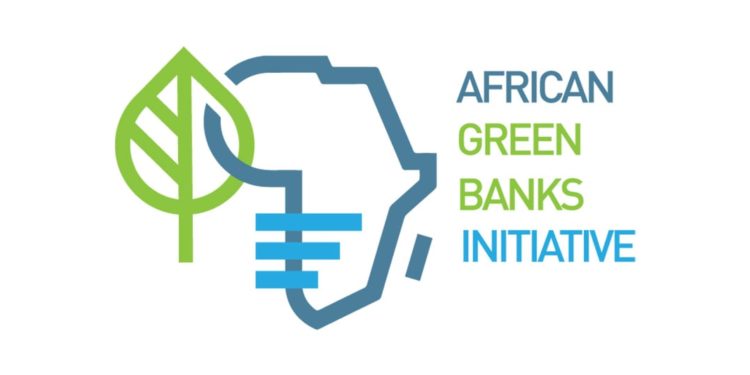Green finance in Kenya has gained increasing attention as global priorities shift toward sustainability, climate resilience, and responsible economic growth. Green finance refers to financial products and activities, such as loans, investments, and insurance, that support environmentally positive projects and sustainable development. It aims to redirect capital towards initiatives like renewable energy, energy efficiency, sustainable agriculture, and pollution control, while also managing environmental risks. The goal is to create environmental benefits while also achieving economic and financial returns.
Green finance initiatives across the African continent have facilitated the expansion of renewable energy projects, improvements in agricultural sustainability, and the adoption of climate-smart technologies. These developments not only support environmental goals but also contribute to job creation, improved productivity, and enhanced energy security. The continent has the largest world’s solar energy potential accounting to 40.0% and the smallest amount of capital is need to unlock it. Largely due to systematic inefficiency, such as underdeveloped capital architecture a threat to global climate progress. However, traditional private capital, is the most effective in the developing countries notwithstanding the barriers. In the United State 20.0% of climate finance originates from private equity and venture capital investors, compared to Africa which accounted for less than 5%. As African countries face pressing issues such as water scarcity, rapid urbanization and dependence on non-renewable sources of energy.
Kenya has shown strong interest in renewable energy, particularly in geothermal, wind, solar power with a new solar plant in Malindi, and nuclear plant in Siaya. The financial sector has begun to integrate sustainability principles into lending practices, with banks and investment firms developing products that align with environmental objectives example, Safaricom PLC ‘s approval of Ksh40.0 bn Medium Term Note (MTN) Program, for green, social and sustainability. Green bonds have increasingly gained traction as effective tools for mobilizing capital toward environmentally beneficial projects, enabling both public and private entities to access long-term funding for sustainable initiatives.
Furthermore, Kenya’s growing focus on climate resilience has encouraged investment in sustainable agriculture, efficient water systems, and environmentally responsible urban development. Financial institutions and investors are progressively recognizing that green finance not only supports environmental protection but also enhances economic opportunities by fostering innovation, reducing operational risks, and improving long-term stability. Additionally, Kenyan Government signed a framework for climate change in Kenya, promoting low-carbon development aligning Kenya’s law with the international agreements, such as the Paris Agreement. Signed into law by President Ruto on 1st September 2023.
As global awareness expands and regulatory frameworks strengthen, green finance in Kenya is expected to continue evolving, offering new pathways for investment that support both economic growth and environmental well-being. The country’s ongoing commitment to sustainability positions it as a leading example within the region, demonstrating that responsible investment can contribute significantly to national progress.
Start your investment journey today with the Cytonn Money Market Fund. Call +254 (0)709101200 or email sales@cytonn.com
















